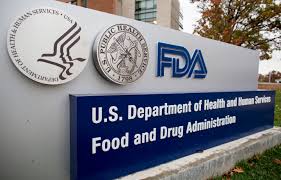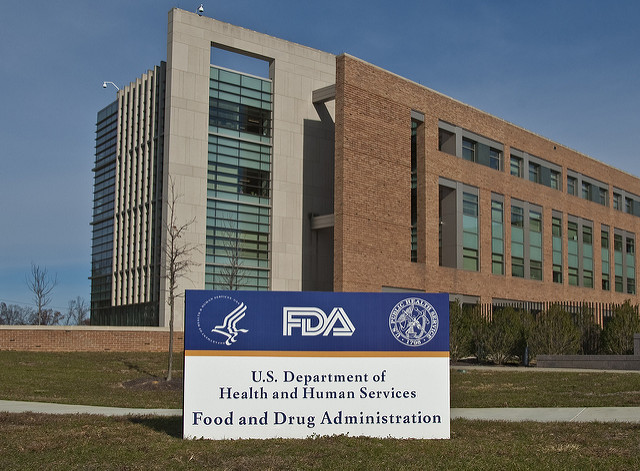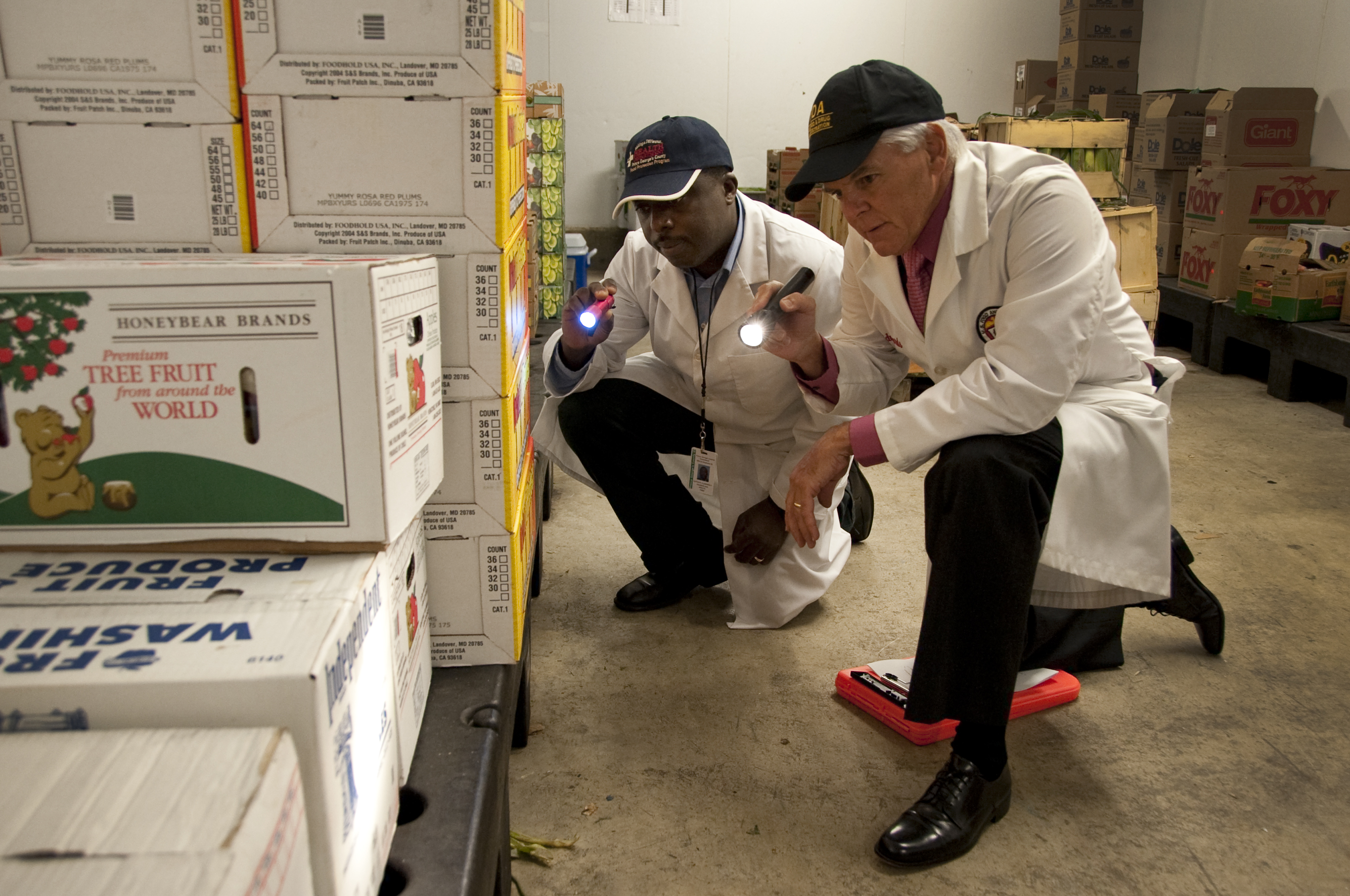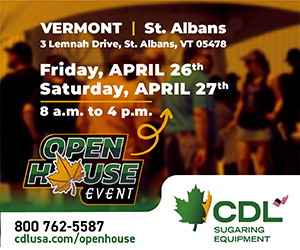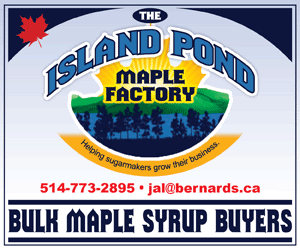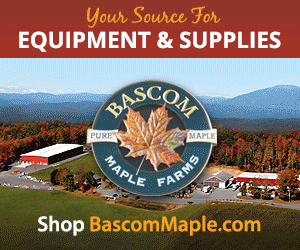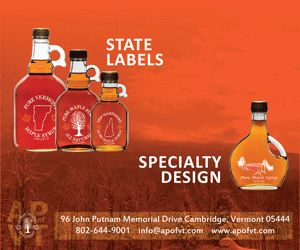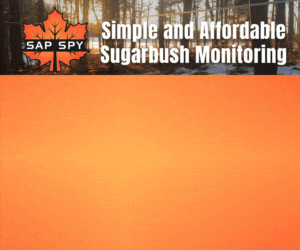Food Safety & Gov't Regulations
Deadline passes for FDA registration
Sugarmakers who make 50 percent or more for bulk have to register
By PETER GREGG | SEPTEMBER 17, 2018
DURHAM, N.H.—It’s deadline day.
Maple producers had a deadline of Sept. 17, to register with the FDA as part of the Food Safety Modernization Act.
“The FDA is saying that it is a prohibited act not to be in compliance with the rule,” said Heather Bryant, an extension agent with the University of New Hampshire who is working with producers in her state to get sugarmakers in accordance with the new law.
The rule applies to sugarmakers across the U.S.
The direct link to register is:
Most sugarmakers had been informed that the deadline to comply was in November, but that was incorrect.
“Someone put it out there that it was a November deadline, but it wasn’t,” Bryant said.
Producers who sell more than 50 percent of their crop wholesale, to bulk buyers like Bascom Maple Farms or Anderson’s Maple Syrup, are required to register with the FDA and comply with Preventive Controls for Human Food Rule of FSMA.
If a sugarmaker is selling sap only, or is retailing half of his crop, then the sugarmaker does not need to register.
All registration occurs on the FDA website only. The registration is fairly simple, asking for the name and address of the operation.
It is unclear how Amish or other sugarmakers who do not have computer access are expected to register, but they are encouraged to visit their local Farm Service Agency office to find out.
Once a sugarmaker registers with the FDA, “they need to follow good manufacturing practices, which are not nearly so scary as they sound,” Bryant said.
Examples of Current Good Manufacturing Processes (CGMP) include making sure workers are trained in good hygiene for food preparation or having a pest management program.
“These are probably things that folks are already doing, but in a few cases they may need to better document what they are doing,” Bryant said. “I doubt that most maple operations will need to make major changes to comply with good manufacturing practices.”
Once a sugarmaker is registered, they should be prepared for a visit from the FDA to their facility at any time. The sugarmaker will be expected to have documented the steps they have taken to follow good manufacturing practices.
“It would be the producer's responsibility to learn about CGMP and make sure they are ready if and when they get inspected,” Bryant said.
There may be some complications for some sugarmakers. If they make speciality products like maple BBQ sauce or maple smoked meats, there are other steps to be taken to be in compliance.
But most other maple speciality products like maple cream, maple candy, maple cotton candy, maple granulated sugar are all considered “low risk” and will fall under the general compliance practices.
Sugarmakers also should keep in mind that by registering with the FDA, their information will be automatically be available to other government agencies such as the Department of Labor or the IRS.
Bryant said it is unclear what kind of penalties, including if there are monetary penalties, are involved in not complying by the deadline or not complying at all.
“If they come to your operation and see you are not registered, then you wouldn’t be in compliance with the rule,” she said. “The FDA wants to educate before they regulate. I would hope they would work with the producer to come up with a plan to get them in compliance.”















